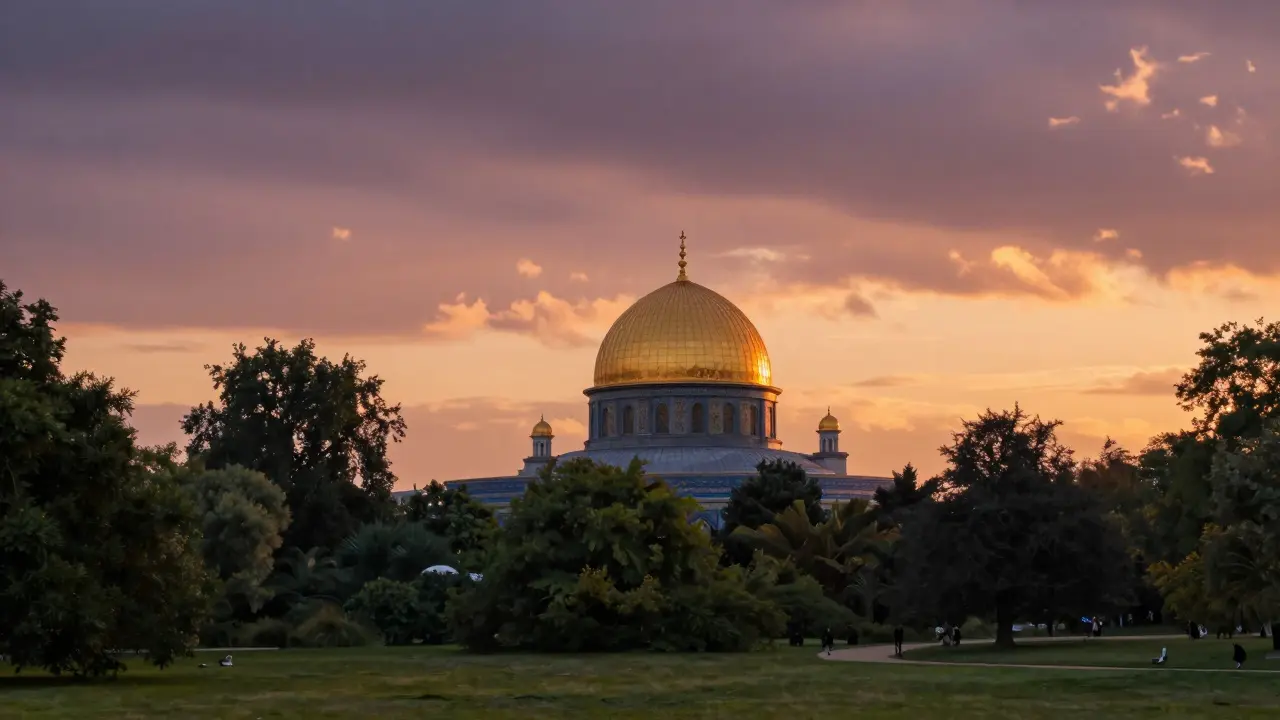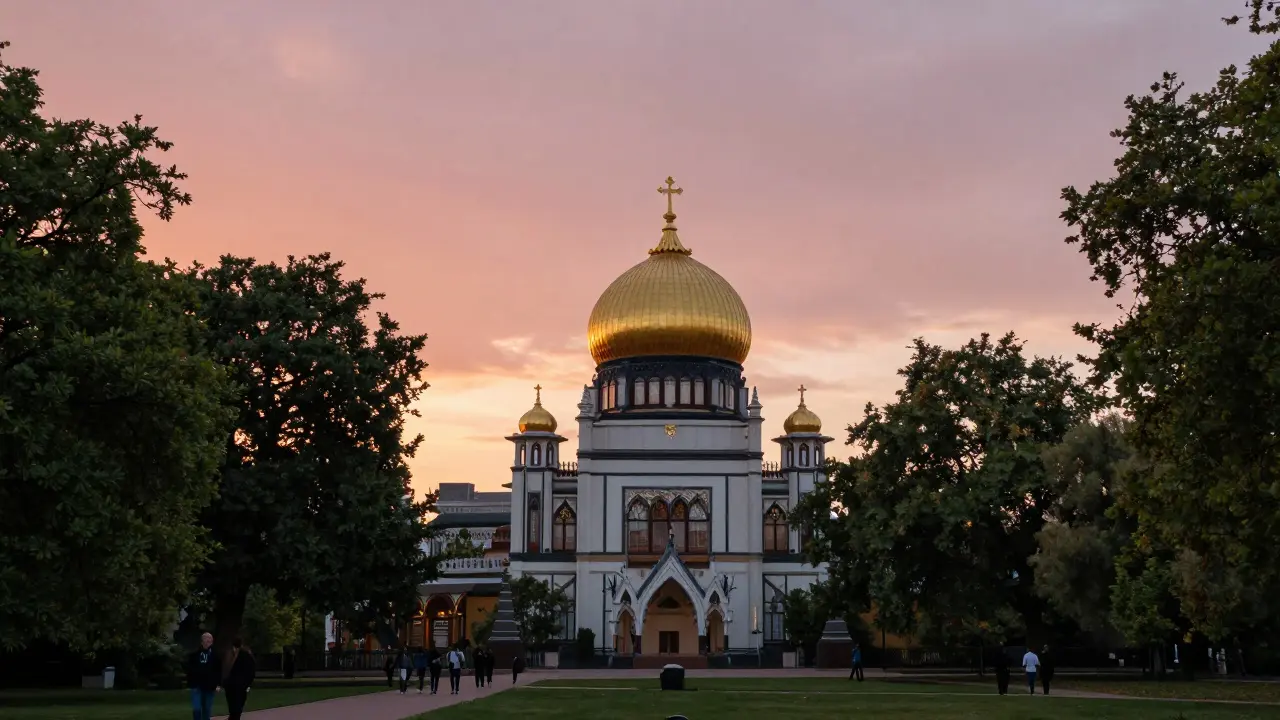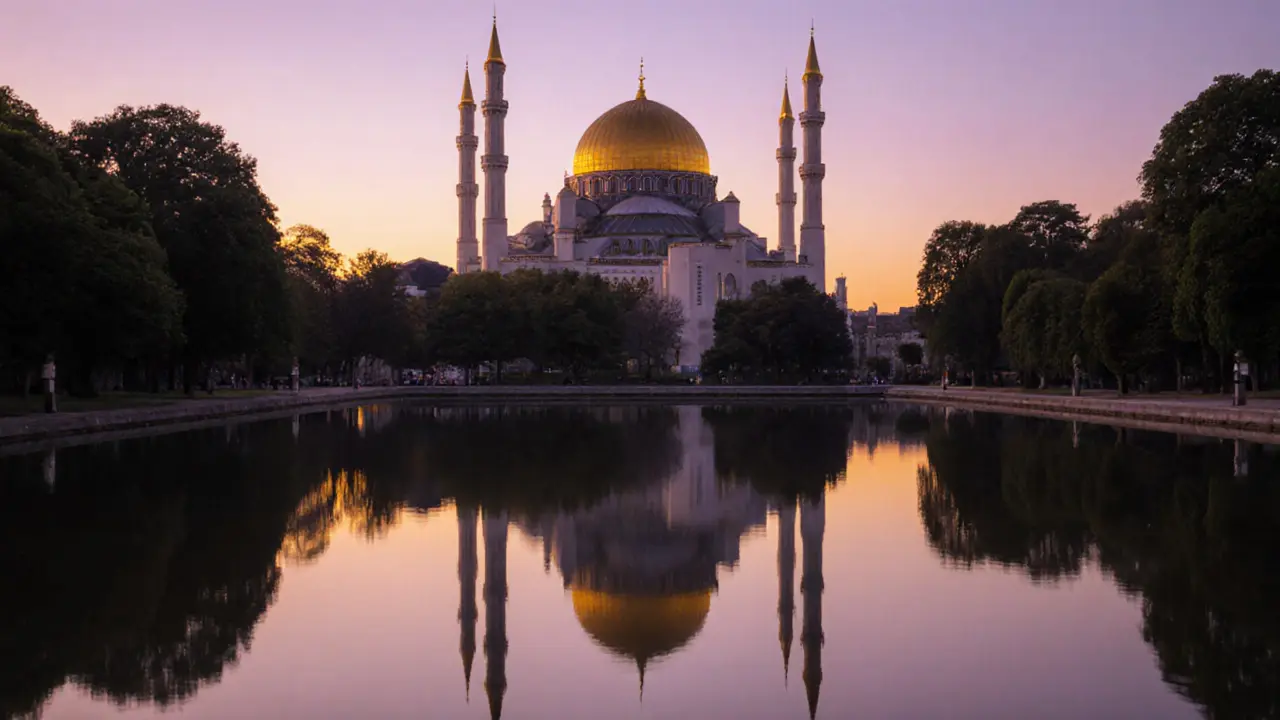Muslim Community UK: Culture, Faith, and Daily Life in Britain
When you think of the Muslim community UK, the collective group of Muslims living across Britain, practicing faith, preserving culture, and contributing to society. Also known as Islamic community in Britain, it includes families, students, professionals, and elders who’ve built lives rooted in prayer, tradition, and resilience. This isn’t just about religion—it’s about how people live, work, eat, and connect in cities like London, Birmingham, Manchester, and Bradford.
The London Central Mosque, a major spiritual and cultural hub in the heart of London. Also known as Regent’s Park Mosque, it welcomes thousands every week for prayer, language classes, and community dinners. It’s not just a building—it’s a lifeline for newcomers, a place where kids learn Arabic, women run sewing circles, and elders share stories from Pakistan, Somalia, or Bangladesh. Nearby, halal butchers, Turkish bakeries, and Islamic bookshops form quiet but vital neighborhoods. You’ll find the same rhythm in Leicester’s Soar Valley or in the mosques of Tower Hamlets, where Friday prayers are followed by community discussions over tea.
What’s often missed is how deeply this community shapes everyday British life. From school uniforms that include hijabs to halal options in public hospitals, from Muslim-owned pharmacies in Sheffield to youth football teams sponsored by local mosques—the presence is real, quiet, and growing. The Muslim cultural practices, the traditions passed down through generations, including Eid celebrations, dietary rules, and family-centered values. Also known as Islamic customs in the UK, they’re not isolated—they’re woven into the fabric of British cities. You’ll see it in the way families plan vacations around Eid, how students skip school for religious holidays, or how grandparents teach grandkids to recite Quran before bedtime.
There’s no single story here. Some families have been in Britain for five generations. Others arrived last year. Some wear traditional dress every day. Others blend in completely. But they all share a common thread: a desire to live with dignity, raise children with values, and belong without losing who they are. The UK mosques, local places of worship that serve as community centers, schools, and safe spaces. Also known as Islamic centers, they’re where people find help with housing, legal advice, or just a listening ear. They’re not just for prayer—they’re for survival, for connection, for hope.
What you’ll find in the posts below isn’t a list of stereotypes or headlines. It’s a collection of real moments: how a hot air balloon ride over London became a family tradition for a Muslim couple, how a Minecraft experience in the city helped refugee kids find friends, how a pension plan from Royal London gave a grandmother peace of mind. These aren’t random stories—they’re proof that the Muslim community UK isn’t separate from British life. It’s part of it. Quietly. Strongly. Always.
- Colton Whitlock
- January 31, 2026
- Comments 0
London Central Mosque: The Heart of Community Lifestyle
- Alannah Frinton
- January 26, 2026
- Comments 0
London Central Mosque: A Unique Blend of Faith and Lifestyle
- Elara Markham
- November 1, 2025
- Comments 0



